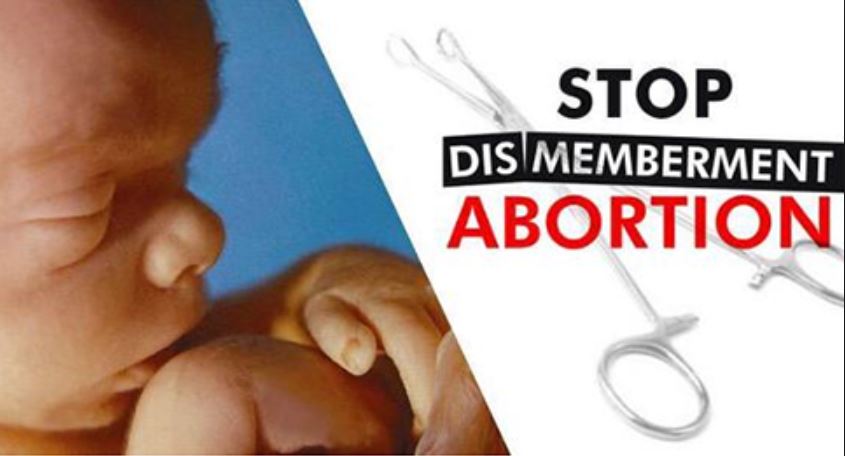Abortion on demand in America may be a thing of the past sooner rather than later.
That’s because a number of cases are poised to be heard by the U.S. Supreme Court in the current term or near future that could overturn Roe v. Wade in part or in full. This means states could once again have leeway to protect their most vulnerable citizens — unborn babies.
A recent analysis spells out possible opportunities on the horizon.
Mary Harned, J.D., of the Charlotte Lozier Institute did an analysis that looked at three general categories of cases that could soon go to the Supreme Court: (1) limiting taxpayer dollars flowing to abortion industry providers, (2) limiting a certain type of abortion and stopping discriminatory abortions, and (3) involving health, safety, and informed consent laws.
At any time, the Supreme Court could decide whether they will hear cases on laws passed in Louisiana and Kansas that prohibit state Medicaid funds from going to Planned Parenthood. The Fourth Circuit Court of Appeals could soon consider the constitutionality of South Carolina cutting off Planned Parenthood facilities from receiving state Medicaid funds. The U.S. Sixth Circuit Court of Appeals is reviewing a trial court decision against an Ohio law that prohibited the Ohio Department of Health from using funds on abortion providers.
Nine states have passed laws limiting the grisly method of dismemberment abortion known as dilation and evacuation (D&E). D&E abortions involve live dismemberment of the baby while still in the womb, followed by removal of the babies’ body parts one by one by the abortionist. Laws in two of the nine states that passed a ban on dismemberment abortion are currently pending before appeals courts.
Laws limiting dismemberment abortion in Kansas, Kentucky, Oklahoma, and Louisiana are either being blocked by federal appeals courts or not in effect. Just one of these cases could challenge nationwide abortion on demand.
Thankfully, as of today, Mississippi and West Virginia’s bans against dismemberment in the womb are in effect.
Laws in 12 states prohibit discriminatory abortion when based on the baby’s sex, race, or disability. Cases involving an Ohio law that banned abortion of babies diagnosed with Down syndrome and an Indiana law banning abortion due to sex, race, or disability could be reviewed by the Supreme Court.
Finally, there are many opportunities concerning laws dealing with health, safety, and informed consent that could impact abortion on demand in America.
In Comprehensive Health of Planned Parenthood Great Plains v. Hawley, the Eighth Court overruled a lower court ruling that blocked a Missouri law requiring abortionists to have authorization to perform surgeries at a hospital within 15 minutes of their abortion facility. It was sent back to the lower court for more fact finding. A Kentucky law requiring abortion facilities to have transfer agreements with a hospital was found unconstitutional by a trial court, but the state may appeal the decision to the Sixth Circuit.
Chemical abortion is a growing problem across the United States. While the number of abortions continues to inch downward in most states, the number of chemical abortions is dramatically rising, now accounting for over a third of all abortions committed. A legal attempt by Arkansas to protect women and their babies from this dangerous drug has traveled from a trial court to the Eighth Circuit and been denied review by the Supreme Court. Ongoing litigation may bring it back to the appellate level and then back to the Supreme Court.
A similar law in Missouri is on hold, pending the outcome of the Arkansas legislation. Cases in Kentucky on mandatory ultrasounds and Indiana involving an 18-hour waiting period are currently pending in federal appeals courts. The Eleventh Circuit Court is considering an appeal regarding a case involving an Alabama law on parental consent before an abortion can be done on a minor.
[This column by Bradley Mattes, president of Life Issues Institute was posted online on November 1, 2018 at www.lifeissues.org.]





